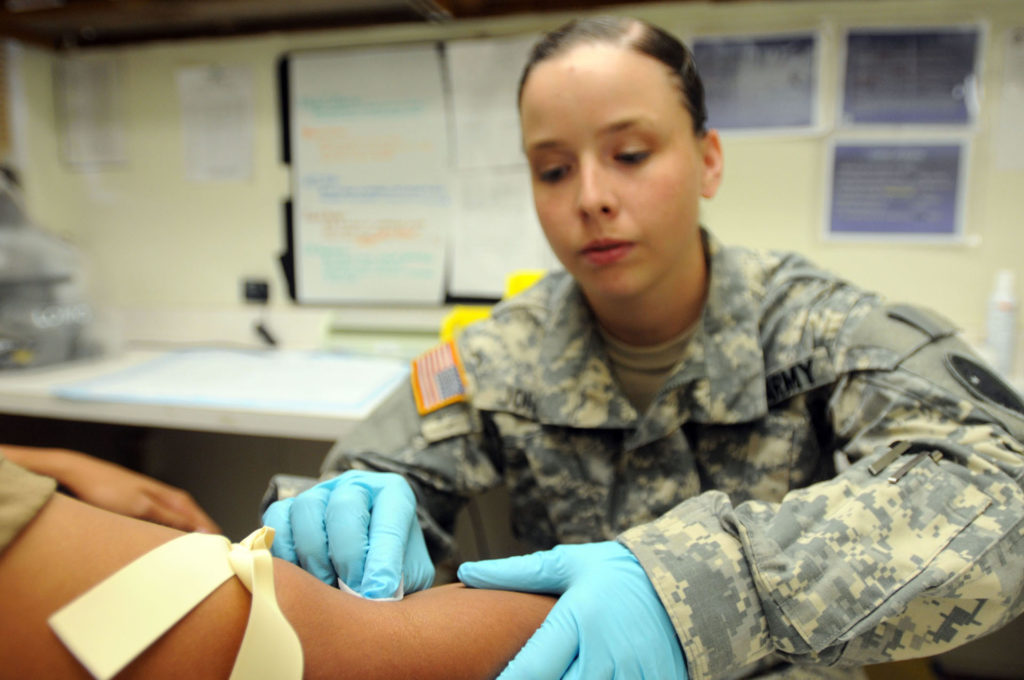It was the first large Western democracy to contain the spread of the coronavirus and is now the first to methodically go about reopening its economy. Others are watching.
BERLIN — Felix Germann was not expecting anyone when his doorbell rang last week. Outside was a doctor who looked like she had just stepped out of an operating theater, green scrubs, face mask and all — and a policeman.
“I didn’t do it!” Mr. Germann said, throwing up his hands, and everybody laughed.
The unusual visitors had come with an unusual proposal: Would he allow them to test his blood for Covid-19 antibodies? Every month? For a year? Starting next week?
He would be helping to further the science that would ultimately allow for a controlled lifting of social and economic restrictions and save lives.
“Of course I said yes,” said Mr. Germann, a 41-year-old project manager at a media company. “I want to help. This is a collective crisis. The government is doing what it can. Everyone needs to do their bit.”
With that, Mr. Germann and his girlfriend joined 3,000 households chosen at random in Munich for an ambitious study whose central aim is to understand how many people — even those with no symptoms — have already had the virus, a key variable to make decisions about public life in a pandemic…
To read the entire article from The New York Times, click https://www.nytimes.com/2020/04/18/world/europe/with-broad-random-tests-for-antibodies-germany-seeks-path-out-of-lockdown.html
